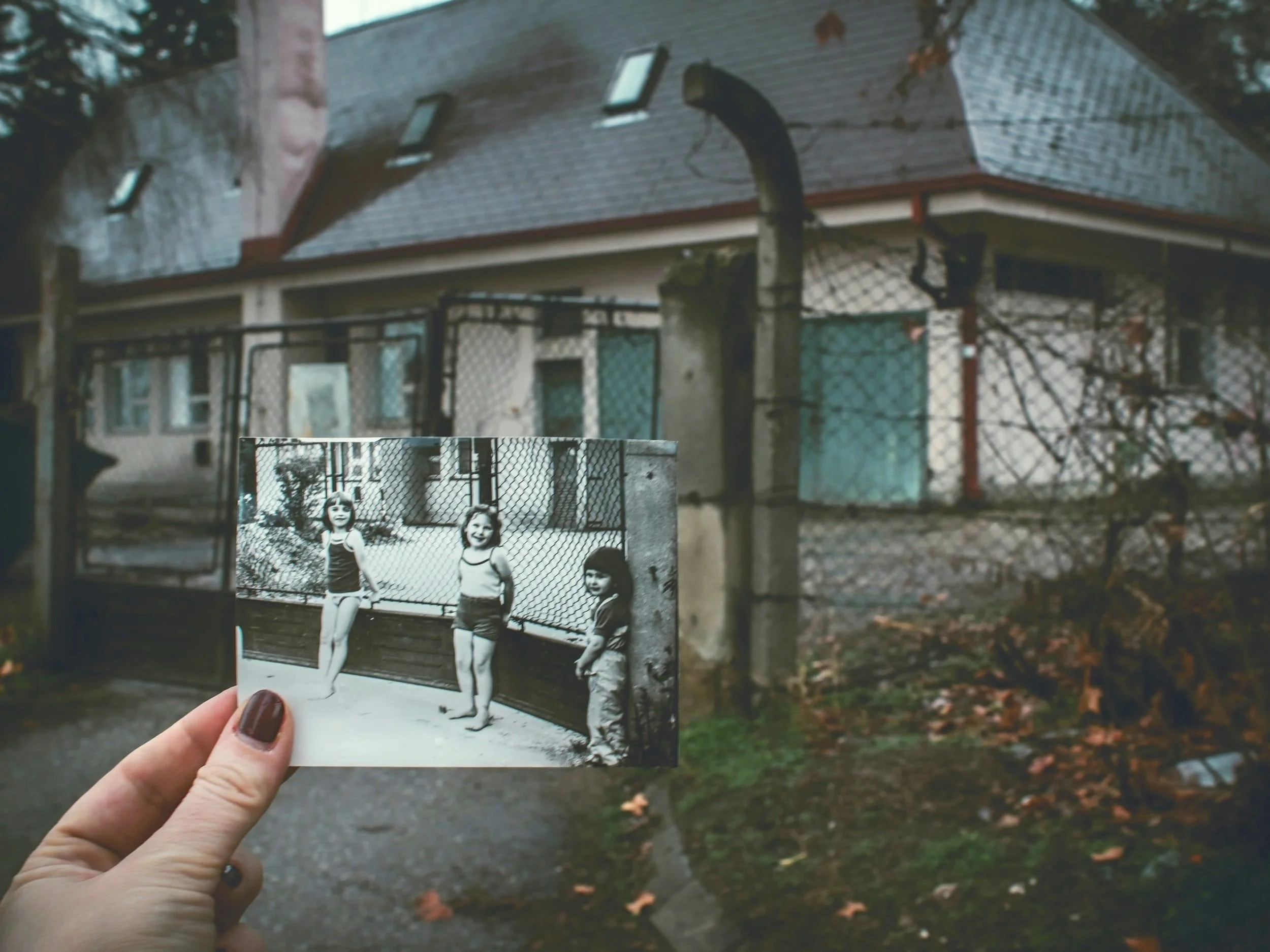Dangerous Writing
“And the day came when the risk to remain tight in the bud was more painful than the risk it took to blossom.” —Anais Nin
I thought all children viewed life as dangerous. There were the woods, the ocean, my parents’ wild fights, there were drugs, the Vietnam War, two assassinations, and countless horrible serial murderers. There were weird men looming out of bushes, rumors of alien abductions, no seatbelts, no helmets, no way to contact anyone except on a landline. My parents hated driving so we hitchhiked.
photo by Anita Jankovic
In short, life was hazardous. What was given in return? Freedom, a sense of possibility, owning your success, and parents staying away from our magical child lives. I think danger made me a writer. My entire education offered triggering events in history, fiction that caused outrage, humiliation at my ineptitude (modern dance, algebra, French) and a clear understanding of my own incredible privilege despite being born a girl in the 1950s.
I read about lynching, watched documentaries about the horror of Nazi concentration camps, wrote papers on the Irish potato famine, the poverty of Hispanic children in New York City, the plight of miners in England, read Zola, Camus, and Baldwin, Germaine Greer and any number of ‘dangerous’ books. I was educated by my own forays into risky situations, a two month American Youth Hostel bicycle trip at fifteen with a psycho leader, traveling alone through England and Ireland at eighteen, traveling on a Eurail Pass at twenty across Greece, Italy, Austria, and France after a year studying abroad in Dublin. One night spent on an Athens rooftop with a group of strangers I recognized my life was a series of most fortunate events.
Did I bring my own child up this way? Well, no but he was introduced to the Atlantic Ocean at two, climbed to the top of every jungle gym, skateboarded, and, without my permission, shot a gun at his uncle’s farm in Kansas. He was able to play in the playground across the street unsupervised aside from an occasional glance out my window, and he took public transportation to high school every day of his life.
Writing a novel is like heading out over the open sea in a small boat. —John Gardner, On Becoming a Novelist
Does that process sound safe? Trust me, it is the antithesis of safety and that is how good novels emerge from writers, danger, tension, conflict, and drama are the keywords for most narratives that keep the reader committed to the writing. Anyway, what is safety in actual terms? Once a baby is born, before the baby is born, that child is in a world full of hazards. Even though I spent many years in therapy telling stories about my parents finding it amusing to see me floating away on a tidal river at age two, my sisters reluctant and incompetent babysitters, not having a clue where I was for most of my childhood and adolescence, focusing on their own lives with their children as attractive accessories, as a writer I am grateful. I would not have driven across the country alone in a VW Beetle that had seen better days, traveled alone to the middle east to teach English to Emirate children, visited Nairobi a week after a terrorist attack, performed stand-up comedy, or, most importantly ever have had the courage to become a writer. Writing is the most dangerous thing in my life and without it I might have never discovered the truth that I did not want anything less terrible and beautiful.
—Molly Moynahan, author and writing coach
